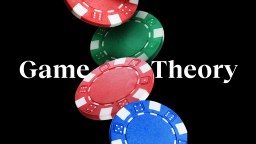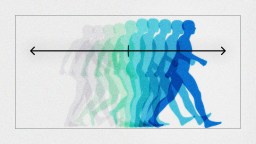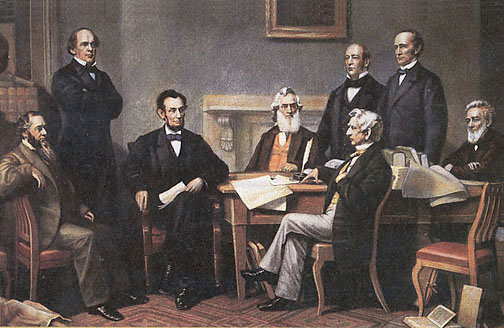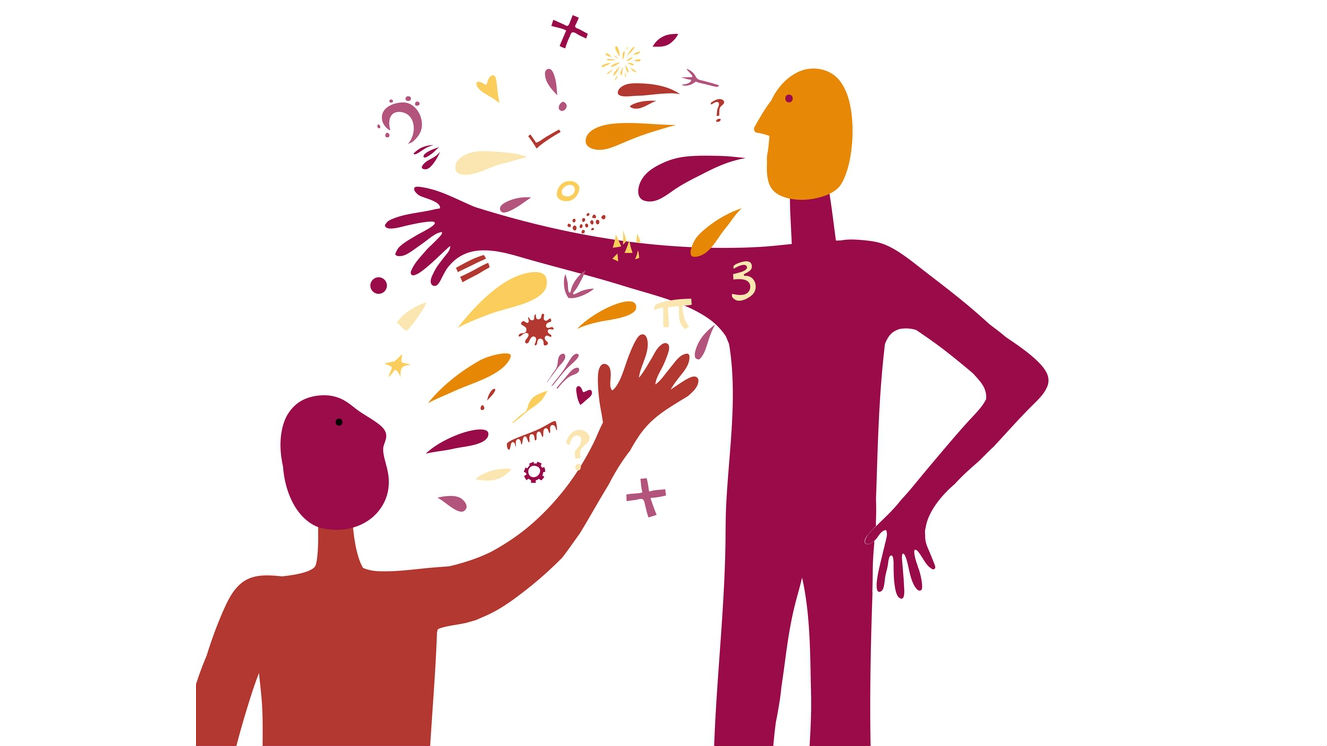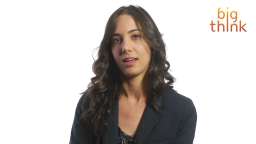Julia Galef
President, Center For Applied Rationality
Julia Galef is a New York-based writer and public speaker specializing in science, rationality, and design. She serves on the board of directors of the New York City Skeptics, co-hosts their official podcast, Rationally Speaking, and co-writes the blog Rationally Speaking along with philosopher of science Massimo Pigliucci. She has moderated panel discussions at The Amazing Meeting and the Northeast Conference on Science and Skepticism, and gives frequent public lectures to organizations including the Center for Inquiry and the Secular Student Alliance. Julia received her B.A. in statistics from Columbia in 2005.

How to maximize wins and minimize losses, explained by four experts on game theory.
▸
7 min
—
with
Think via Bayes’ rule to become more rational and less brainwashed.
▸
4 min
—
with
There’s a danger to learning about cognitive biases and logical fallacies and so on which is that you end up with this tool kit of ways to reject other people’s arguments.
Why do we systematically underestimate the amount of time or money we are going to spend on a given project?
Don’t stop at the first explanation that occurs to you, ask your inner rivals what competing explanations they can come up with.
It’s important to challenge “good enough” explanations.
Bayes’ Rule is a formalization of how to change your mind when you learn new information about the world or have new experiences.
▸
3 min
—
with
The sunk cost fallacy means making a choice not based on what outcome you think is going to be the best going forward but instead based on a desire not […]
▸
3 min
—
with
Think of an argument as a collaboration where the two sides are trying to find the right answer.
When you concede a point, what you’re doing is making an investment in your ability to be taken seriously and listened to by people in the future.
You can take your competitive drive and use it to make you more receptive to changing your mind if the evidence warrants it.
One widely useful mental habit that we teach in our class at the Center for Applied Rationality is called reference class forecasting, and it’s for the most part, in the literature, […]
A tool to help you consider an argument on its own merits instead of being tainted by your current feelings towards the person making it.
One of the most important things you can do is just accept your need for ego validation.
The Straw Vulcan is a nice trope for Hollywood to use such that Captain Kirk can save the day, but in reality we can’t be emotionless.
Julia Galef provides a fix for the “the commitment effect,” the condition of sticking with a business plan or a career or a relationship “long after it has become quite […]
▸
4 min
—
with
